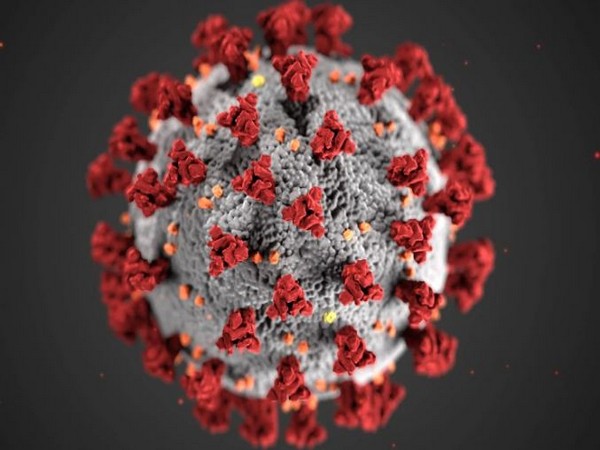'Wonder material' graphene can help detect COVID variants quickly, accurately: Study

- Country:
- United States
Researchers have successfully used graphene -- one of the strongest, thinnest known materials -- to detect SARS-CoV-2 in laboratory, a breakthrough which they said can help detect coronavirus and its variants quickly and accurately.
The research team at the University of Illinois Chicago in the US combined sheets of graphene, which are more than 1,000 times thinner than a postage stamp.
They applied an antibody to the sheets designed to target the spike protein on the coronavirus, which helps the virus to enter and infect human cells.
The researchers then measured the atomic-level vibrations of these graphene sheets when exposed to COVID-positive and COVID-negative samples in artificial saliva.
These sheets were also tested in the presence of other coronaviruses, like Middle East respiratory syndrome, or MERS-CoV.
The study, published in the journal ACS Nano on Tuesday, found that the vibrations of the antibody-coupled graphene sheet changed when treated with a COVID-positive sample, but not when treated with a COVID-negative sample or with other coronaviruses.
Vibrational changes, measured with a device called a Raman spectrometer, were evident in under five minutes, the researchers found.
''We have been developing graphene sensors for many years. In the past, we have built detectors for cancer cells and ALS. It is hard to imagine a more pressing application than to help stem the spread of the current pandemic,'' said Vikas Berry, professor at the University of Illinois Chicago and senior author of the research paper.
''There is a clear need in society for better ways to quickly and accurately detect COVID and its variants, and this research has the potential to make a real difference. The modified sensor is highly sensitive and selective for COVID, and it is fast and inexpensive,'' Berry said.
Garrett Lindemann, a researcher with Carbon Advanced Materials and Products, or CAMP noted that this technology as a clinical testing device has many advantages over the currently deployed and used tests.
Graphene -- which has been called a ''wonder material'' -- has unique properties that make it highly versatile, making this type of sensor possible, according to Berry.
Graphene is a single-atom-thick material made up of carbon atoms bound by chemical bonds whose elasticity and movement can produce resonant vibrations which can be very accurately measured, the researchers said.
When a molecule like a SARS-CoV-2 interacts with graphene, it changes these resonant vibrations in a very specific and quantifiable way.
''Graphene is just one atom thick, so a molecule on its surface is relatively enormous and can produce a specific change in its electronic energy,'' Berry said.
''In this experiment, we modified graphene with an antibody and, in essence, calibrated it to react only with the SARS-CoV-2 spike protein. Using this method, graphene could similarly be used to detect COVID-19 variants,'' he added.
(This story has not been edited by Devdiscourse staff and is auto-generated from a syndicated feed.)
ALSO READ
Lufthansa suspends Tehran flights, Middle East on alert for potential Iran attacks
US envoy asked Middle East foreign ministers to mediate with Iran
Lufthansa suspends Tehran flights, Middle East on alert for potential Iran attacks
Middle East on alert for Iranian attack as Lufthansa suspends Tehran flights
Russia tells citizens: refrain from travel to the Middle East










